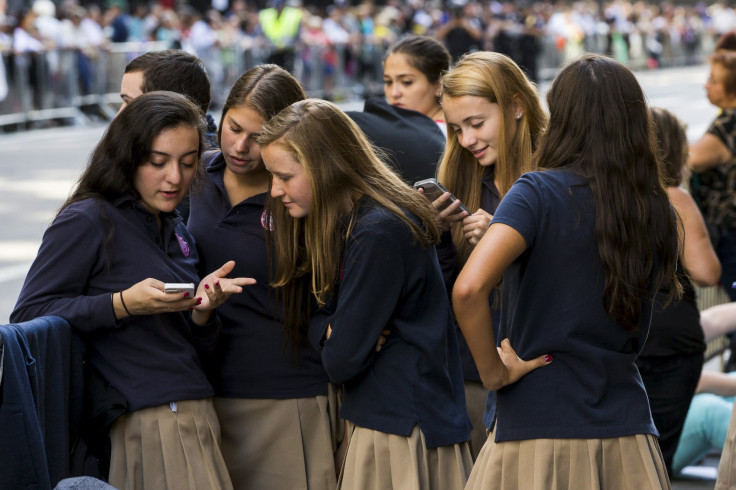Teens are not as good at multitasking as adults, study finds

Teenage girls struggle at multitasking compared with adult women, a new study reveals.
A small team of researchers at the University College London sought to learn if there are differences between how well teen girls multitask versus women that have grown to adulthood. Their findings might be helpful to parents, children and educators, according to the study published in the journal Royal Society Open Science.
Multitasking has become an everyday part of life, according to the team. They say that most people, including teens, believe that they are skillful at doing several things simultaneously, such as talking on the phone while watching television, or typing text messages while they walk down the street.
For the study, the researchers enlisted the assistance of two groups of female volunteers: one group consisting of girls between the ages of 11 and 17, and another group of women between the ages of 22 and 30. Both groups were asked to perform two different types of tasks, one social and one non-social, to determine how well they multitasked.
The social task consisted of asking the volunteers to use social cues to guide decision-making as they attempted to move objects between slots in a set of shelves. On the other hand, the non-social task consisted of asking the volunteers to memorise either a two or three-digit number before they started the non-social part of the experiment.
After the experiment, the researchers monitored the volunteers to see what sort of an impact having to memorise the numbers had on their ability to move the objects. While both groups struggled in performing multiple tasks, they found that the girls in the younger group displayed more performance deficit than the older women. The adults’ accuracy fell by approximately 10 percent for the adults and 15 percent for the young girls, which means the younger girls were less adept at multitasking.
Their findings indicate that parents and educators might need to take such difference into account when setting up tasks for their children or students, the researchers say.
Students who multitask makes them feel more productive and less stressed, according to a report published in the Washington Post. While researchers have not established the long-term impact of multitasking, some fear that moving from one task to another could have serious consequences on young people's ability to focus and develop analytical skills.
There is special concern for teenagers because parts of their brain are still developing, according to Jordan Grafman, chief of cognitive neuroscience at the National Institute of Neurological Disorders and Stroke, in an interview with Washington Post. “One of the biggest problems about multitasking is that it's almost impossible to gain a depth of knowledge of any of the tasks you do while you're multitasking. And if it becomes normal to do, you'll likely be satisfied with very surface-level investigation and knowledge,” he said.
Contact the writer at feedback@ibtimes.com.au or tell us what you think below.






